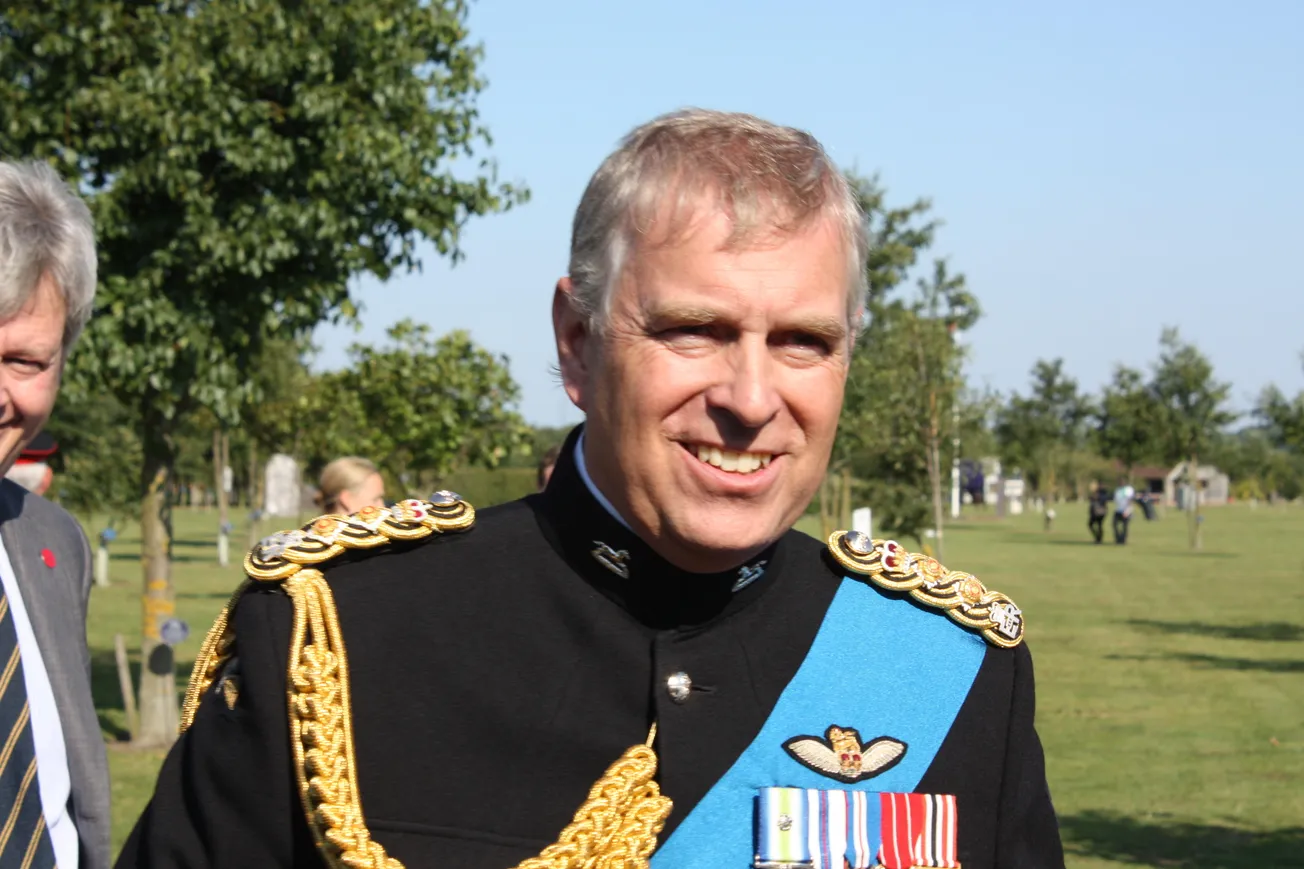The Schiller Institute raised the issue of peace through economic development as a win-win for both sides in a seminar inside the Swedish parliament. The seminar, demanding “Ceasefire Now,” was organized by the Jerusalem Committee and the Left Party on the occasion of the International Day of Solidarity with the Palestinian People, Nov. 29.
The seminar was a very important manifestation of the entire Left Party parliament group, which is the only party to mobilize for a ceasefire. The Swedish government and other parties are stuck to their policy to abstain in voting in the UNGA, unlike Norway, which voted for the ceasefire.
In discussions with parliamentarians, panelists and visitors, ten LaRouche movement Oasis Plan dossiers were delivered, as well as 40 leaflets, along with the recent speech by Ulf Sandmark at the Sunday demonstrations outside the parliament organized by the Palestinian side of the seminar. In his speech, Sandmark brought up the Peace of Westphalia, in which Sweden was one of the two signers.
In a question to the panel about “Measures and Solutions To Promote Peace and Security,” Sandmark raised the policy of launching infrastructure projects, especially water projects as described in the Oasis Plan, and subsequently in the Oslo Agreement. He pointed to the much-improved possibility for the success of such a policy today, with the Belt and Road Initiative (BRI) and its 152 member-nations ready to push for such projects in the region. In response, Professor Helena Lindholm from the Gothenburg University referred to the water projects in the Oslo Agreement economic annexes. That was important, because these are almost unknown. She, however, wanted to wait with that to first have justice for the Palestinians.
The two organizers also made several important contacts.
See video and pics on Ulf Sandmark’s Facebook.


